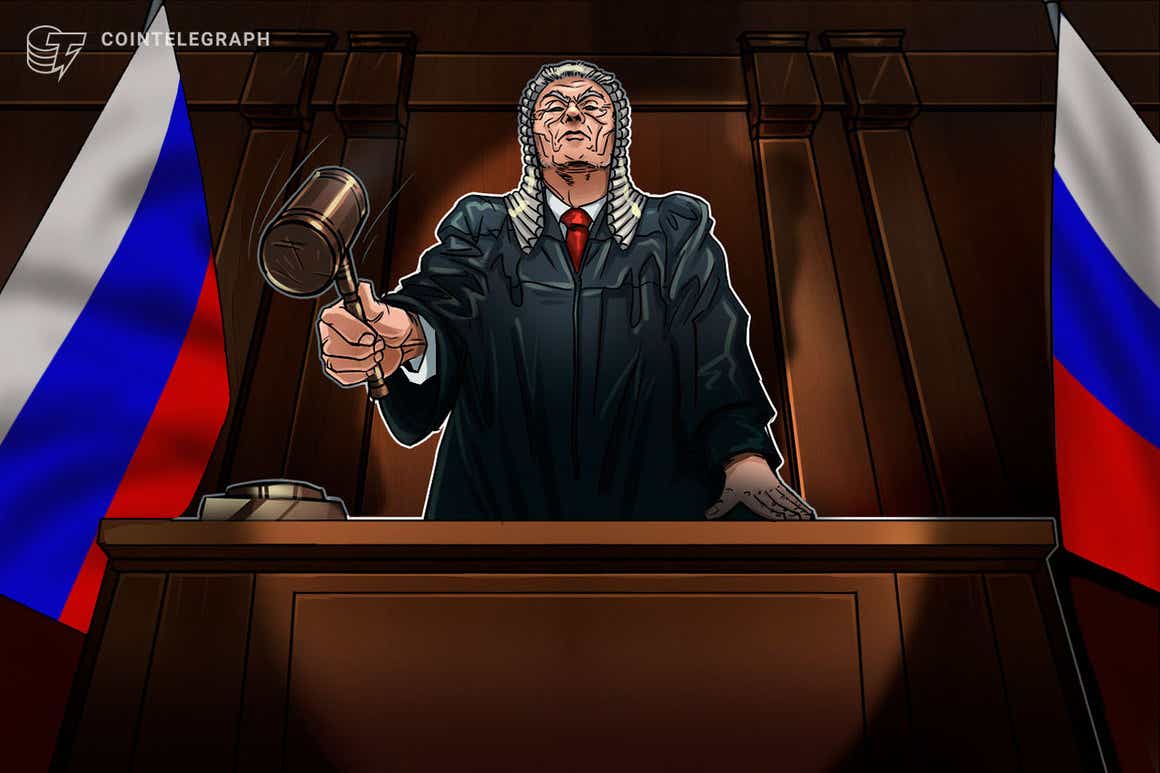On Jan. 20, the Central Bank of Russia (CBR) issued a report summarizing its position on digital assets and proposing a ban on any crypto trading and

On Jan. 20, the Central Bank of Russia (CBR) issued a report summarizing its position on digital assets and proposing a ban on any crypto trading and mining operations in the country. Although the CBR’s strict position on the matter was never a secret, such a bold statement triggered waves of fear, uncertainty, and doubt — otherwise known as FUD — across the board, given Russians’ high rates of involvement in the global digital assets market.
Yet, there are reasons to doubt the ultimate effectiveness of the CBR’s hardline bidding, both in terms of its enforceability and its acceptance by other power centers, including legislators and siloviki (securocrats). The picture gets even more complicated for the central bank, as a high-ranking official within another major center of economic policy, the Ministry of Finance, spoke in favor of regulating, rather than banning, crypto earlier this week. What are the chances that the hardline approach will prevail?
What does the CBR intend to ban?
Using an assortment of standard crypto-phobic arguments, such as comparing digital assets to a Ponzi scheme, the central bank’s “Cryptocurrencies: Trends, risks, measures” report calls for a complete domestic ban on over-the-counter trading desks and crypto exchanges alongside mining. Notably, the emphasis is on using the legacy financial infrastructure: The CBR addresses its document to private banks and institutional investors, discouraging them from any involvement in digital assets.
In its current version, the proposed ban would not outlaw the possession of digital assets by individual investors, nor would it ban exchanging them using international rails. Still, the regulator wants to introduce some fiscal transparency and make sure that private investors won’t escape their tax burden. Nonfungible tokens (NFTs) would also likely remain outside of the scope of the ban.
Possible effects on crypto operations
Many domestic stakeholders don’t believe in the effectiveness of the proposed restrictions. Speaking to local media, Maksim Malysh, CEO of mining platform Kryptex, explained that it is unlikely that the mining ban would result in a market breakdown, as the largest Russian-owned mining pools operate outside of Russia’s borders and are registered as foreign companies. Exchanges, he maintained, would not find it difficult to create new mirror sites in the event domains are blocked. In Malysh’s opinion, “Any blockings would lead only to the rise of VPN services’ popularity.”
Andrey Mihaylishin, co-founder of crypto payments system Joys, doubts that the measures proposed by the CBR would stop larger investors either — they could simply open accounts with Belorussian or Kazakh banks where crypto investments are legal.
Since the report invites public input, there is hope that industry participants will be able to articulate compelling arguments against the ban. The biggest Russian mining pool, EMCD, plans to send its comments on the report to the central bank, sharing with the regulator its thoughts on the taxation, risk management and further institutionalization of mining. Among EMCD’s ideas are special energy tariffs for mining companies and tax deductions for those that operate in Russia’s economically depressed regions.
At any rate, the report is not a legally binding document, unlike the federal law “On digital financial assets and digital currency” that was passed in 2020. The language of the law is vague and, for example, does not mention mining at all, though it still allows for “the issuance of digital financial assets.”
The unlikely allies
It came as no surprise that the vocally pro-liberty founder of Telegram, Pavel Durov, bashed the proposed ban, warning of its destructive potential for “the development of blockchain technologies in general” and “a number of sectors of a high-tech economy.” Much more unexpected, however, is the backlash against the CBR report among other government bodies and officials, which contradicts the simplified image of a monolithic Russian state machine.
Andrey Lugovoy, deputy chairman of the Committee on National Security and Anti-Corruption of the State Duma — the lower chamber of the Russian parliament — publicly noted that it would be more reasonable to continue working on legalizing the industry rather than outlawing it. Lugovoy, who also was one of the initiators of a working group on the legalization of crypto mining, said:
“When you make statements like this — ‘We strictly prohibit’ — you should ground your position in concrete, clear, apprehensible numbers and explain what you’re going to do with the people who already own cryptocurrency. […] Nobody knows why the CBR holds such a radical view. There is a single explanation — high volatility and ‘It’s a Ponzi scheme.’ But so what? We can name many examples of something risky that still plays a role in our daily lives.”
In fact, the Duma has had a tense…
cointelegraph.com
